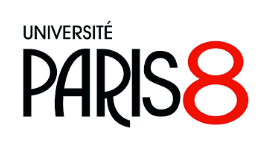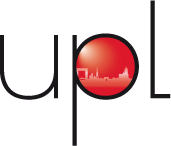11h30
Salle 159
Tamar Makharoblidze (Ilia State University, Tiblisi)
Georgian Sign Language Researches
SVP NOTEZ L'HEURE INHABITUELLE : 9h50-11h20
La conférence sera interprétée en langue des signes.
(Abstract)
The Georgian Sign Language (GESL) is a language of Deaf and Hard of Hearing people (DHH) in Georgia. These people are the linguistic minority in the country. GESL has its individual grammar system, but unfortunately till now it never had been taken into consideration for any kind of typological researches about sign languages.
In the Soviet period sign languages in this region were highly influenced by the Russian language and Georgia is typical in that. Interestingly, many active members of the local deaf community are non-Georgian native speakers (as bilinguals) and in addition, during the Soviet period there were no books about Georgian sign language. The Russian influence is easy to find in the lexical units and in the old Georgian dactyl alphabet, which was totally based on the Russian one. In practice this means that many deaf people can communicate in this “Soviet sign language” and they would like to keep this possibility. However the process of nationalization has begun everywhere in the post-Soviet region and sign languages are reintegrating creating their own dactyl alphabets and providing the scientific researches of their own national sign languages. Besides Georgia such processes take place in many other former Soviet republics, such as Ukraine, Byelorussia, Estonia, Lithuania, Latvia, Moldova, etc.
GESL is understudied language for today, but in recent years the GESL linguistic system was investigated in general and a book “Georgian Sign language” (650 pages) was released, the first Georgian Dactyl Alphabet (and its font) was elaborated, “The GESL Dictionary” with 4000 lexical units was published (with its electronic version - https://gesl.iliauni.edu.ge/ along with the other publications. The new technological projects are in process along with various morpho-syntactic and sociolinguistic investigations.



